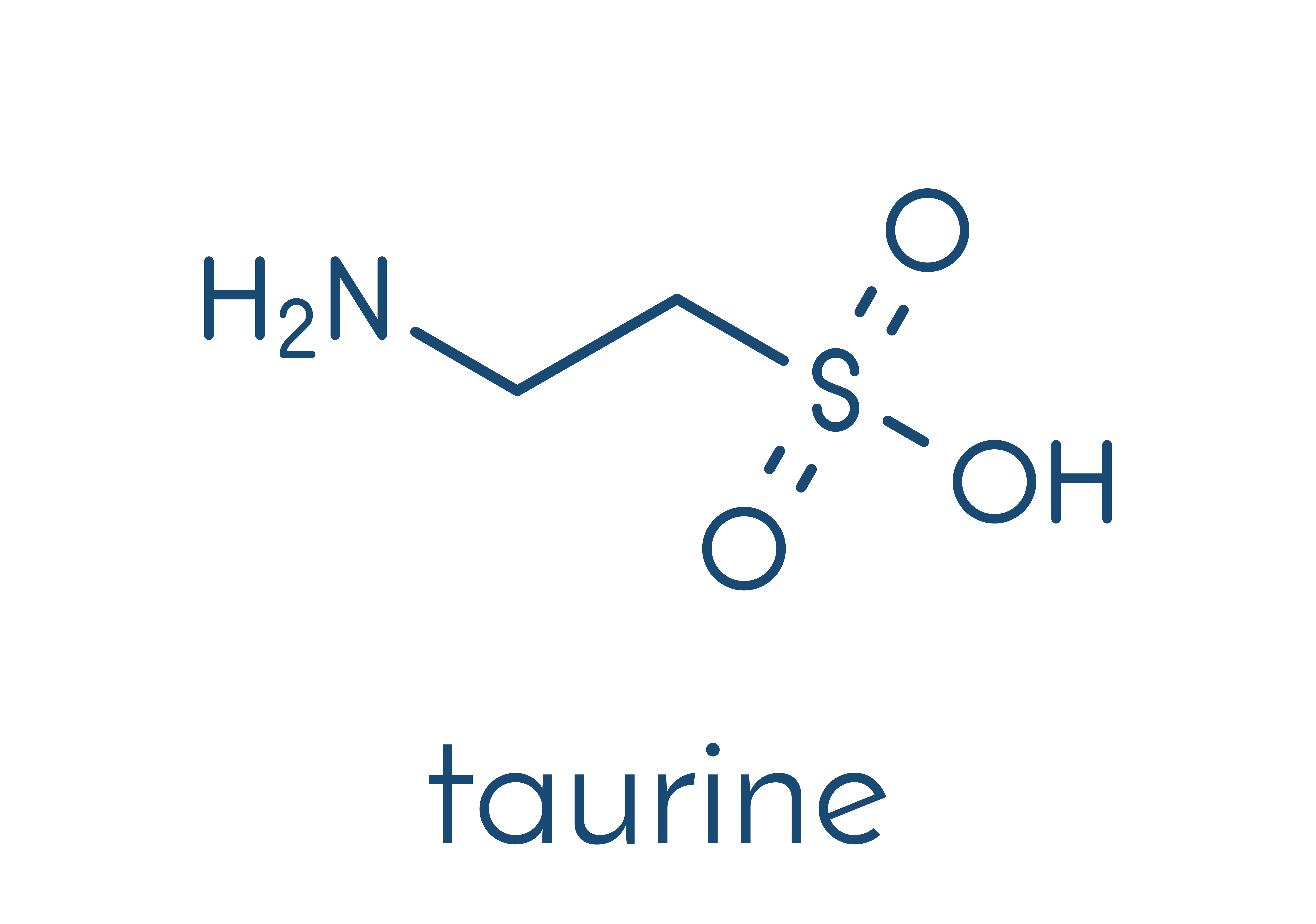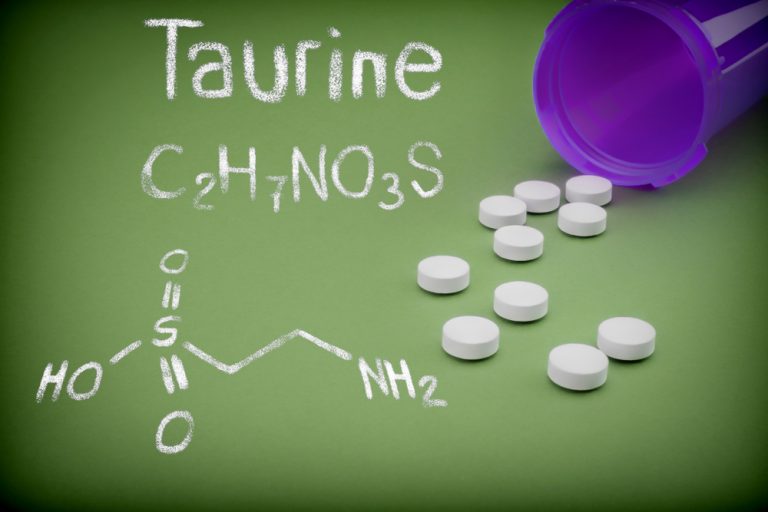Recent research suggests that the administration of taurine, a molecule naturally produced by human cells, can increase the efficacy of currently used multiple sclerosis (MS) therapies. Researchers at The Scripps Research Institute (TSRI) found that taurine helps in the activation of a process known as remyelination, which is crucial in repairing damaged nerve cells in multiple sclerosis.
Case study overview
"Remission of MS symptoms depends largely on the process of remyelination, so the use of taurine in combination with the existing MS drug and future remyelination-inducing therapy can help patients improve overall performance,"
says Dr. Luke Lairson, associate professor of chemistry at TSRI and senior author of the study. "This may be something that would be worth adding to standard MS therapy."
This finding also points to the potential of a technique called 'metabolic profiling' that can identify useful endogenous metabolites that the body already produces in small amounts, such as taurine, for new applications in drug therapies.
"Metabolic profiling can offer a unique insight into many different diseases, both mechanical and therapeutic,"
says Dr. Gary Siuzdak, senior director of the TSRI Scripps Center for Metabolomics, Professor of Chemistry, Molecular and Computational Biology.
The study was recently published in the journal Nature Chemical Biology.

Taurine supports cell maturation
Multiple sclerosis is an autoimmune disease that develops when the body begins to attack the protective myelin sheaths on nerve cells. Without healthy myelin sheaths, nerve cells can not communicate properly, and patients experience symptoms such as numbness, difficulty in walking, slurred speech, loss of vision, slow disappearance of basic motor functions.
Although there is no cure for MS, some current drug therapies may reduce the symptoms of MS by encouraging cells to remyelinate. In the 2013 Nature study, Lairson and colleagues showed that benztropine, approved for the treatment of Parkinson's disease, can also help MS patients by inducing cells called oligodendrocyte precursor cells to mature into myelin-producing oligodendrocytes and repair damaged nerves.
Lairon's next step was to find molecules that could make the remaining drugs even more effective, so he teamed up with Siuzdak to test the potential of molecules called endogenous metabolites to affect the precursor cells of oligodendrocytes. The endogenous metabolites (i.e., "derived from the inside") are molecules naturally produced by our body cells and include sugars, fatty acids, and amino acids.
New cell analysis and assays have shown that while the endogenous taurine metabolite alone can not induce maturation of oligodendrocyte precursor cells, it can help in combination with benztropine or miconazole drugs. Researchers described taurine as "starting material".
"Combining taurine with drugs that induce differentiation significantly improves the process," says Lairson. "You get more myelin."
Lairson says the discovery is exciting because it has been shown that taurine is safe at certain doses and is easily used by the brain.
"We still have to run tests on animal models, but it's a good starting point,"
he said
Progress in TSRI is important for medicine
Thanks to the discovery made during this study that the administration of a specific endogenous metabolite can affect cell fate and function, researchers have a new way to develop novel therapies for many diseases. Metabolic profiling uses the development of technology that scientists can use to analyze metabolic disorders in the disease, and then use this information to decipher mechanical details. Ultimately, scientists hope to identify active endogenous metabolites that can reverse phenotypes associated with pathology.
Siuzdak is encouraged by nearly 21,000 scientists who currently use the Cloud-based metabolic XCMS / METLIN profiling platform for this type of research - and present interesting metabolites. Siuzdak summaries it with that statement:
"Unlike other omics, the beauty of metabolomics and activity testing is that metabolites are readily available on the market, generally cheap and can directly affect the phenotype, we are no longer passive observers, but active participants."






